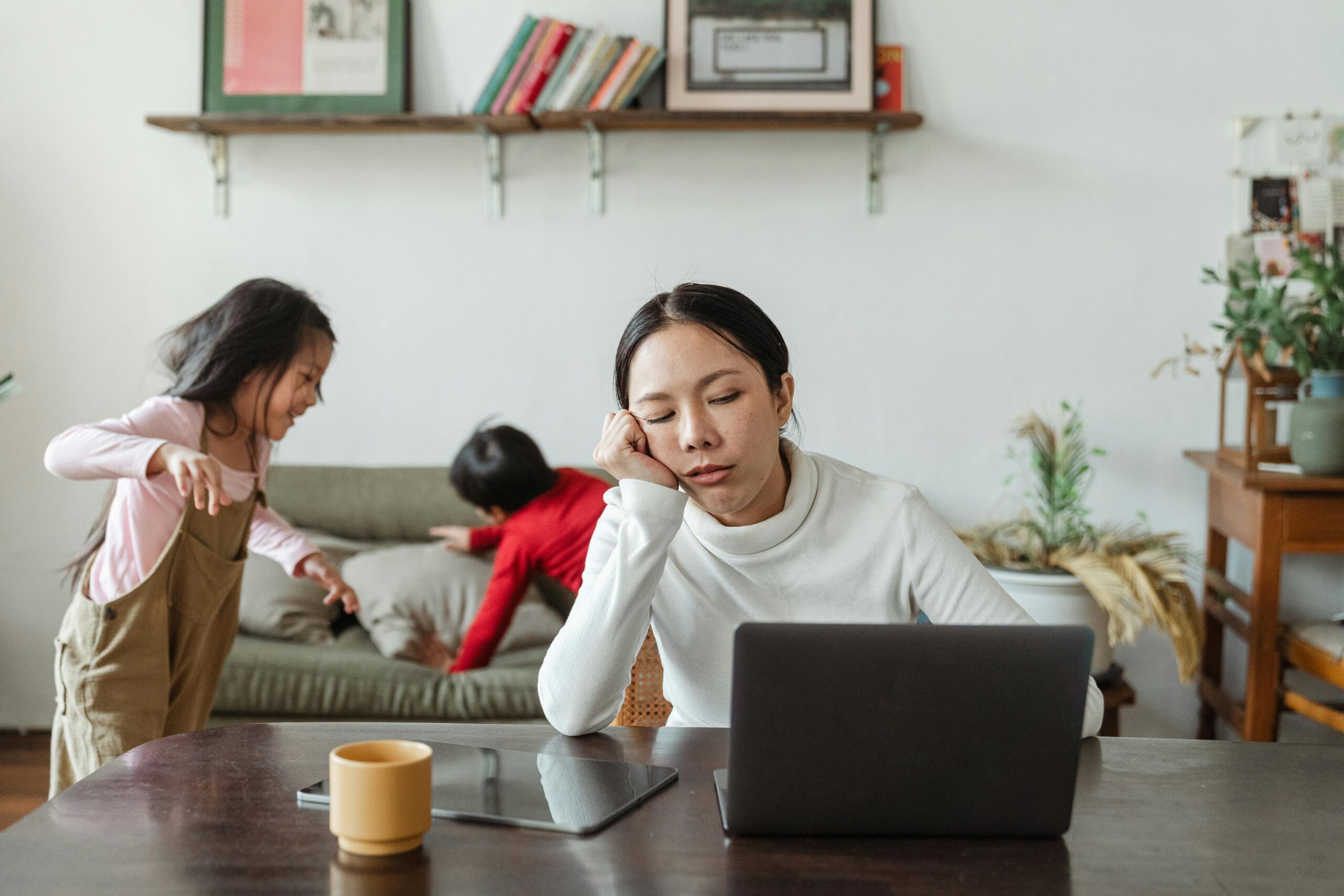
Remember the age old saying “If you are nervous, picture your audience in their underwear”? It’s common to have the feelings of palms sweating or quick breathing, but are these isms attributed to nervousness or something deeper? The distress of a new situation, one that you fear or worry about as the event approaches. Approximately 8% of children and teenagers experience an anxiety disorder before the age of 21.
Anxiety disorders are your mind’s instinctive response to a stressful situation. You may feel fear, or worrisome in response to job interviews, unfamiliar surroundings or standing among large crowds. Each individual response is different. Think about the last time you experienced an anxiety attack as an adult, but how does anxiety affect teenagers, especially in the current pandemic? The CDC reports that 4.4 million teenagers are facing some type of anxiety disorder, whether it be separation, situational or social. How do parents determine if their child is experiencing symptoms, especially since most teenagers are not as open to discussing any type of shift in their world?
When recognizing symptoms in a teenager, experts advise to look for the most noticeable signs such as avoiding situations, sensitivity to any type of criticism or feeling restless daily. Some teens experience forgetfulness with tasks and trouble sleeping. We need to recognize if our teens need help, so that they are not suffering in silence. And please note, these are not the only signs you should be looking for.
So how can parents start an anxious teenager on the path to positively dealing with anxiety? Consider talking to your pediatrician for tips to help cope, what medicines or helpful strategies teens should explore. Talk to your teen about what they are experiencing, or what triggers aid in the increase of their anxiety. Make sure to never force your teenager into anything they are not comfortable with talking about.
Consider starting these homeopathic regimens.
- Exercise
Exercising daily is a great way to help the brain release mood enhancing chemicals. It also tires the muscles which helps decrease anxiety symptoms. Think about taking a brisk walk, yoga, or some type of stretching activity that keeps a teenager’s mind away from their fears.
Breathing is at the core of our being and can help us relax by moving to a calming place within our soul. Okay, yes that sounds like a commercial, but taking a few minutes every day, listening to relaxing music on Spotify, is an effective practice, especially when your teenager is consistent. Try a guided meditation class at poppylifecare.org, which provides guidance on stress, anger and other ailments you may be experiencing.
- Journaling
Journaling doesn’t necessarily have to be about writing down every thought. It can be doodling, writing poetry or short stories about what you are feeling at that moment. Teenagers have the opportunity to use their creativity with journaling exercises. Parents: try giving your teen a writing prompt daily that helps then express themselves. A journal is also handy as it can be used anytime anxiety creeps in. Lastly, privacy may be a concern with your teen, so reassure them that you will not be snooping around.
- A Calming Corner
Everyone needs a space where they can cool down or wind down after a long day of stimulation from a job or school. Offer your teenager a positive, safe space where they can relax and feel calm. Think about a space with colors such as greens and yellows which promote positivity and peace. Light grey is also a friendly neutral color. In this calming corner, place a teen’s journal, paint supplies or stress balls. You may be thinking this is a type of space you see in elementary schools, however, five minutes to read or listen to music can be mood enhancing.
Remember to always check with your teenager’s doctor about how your teen is feeling and what circumstances cause their anxiety. They can make recommendations that you and your teen can agree with. Regardless, always be positive, consider your teens feelings and what they are going through. We can make a difference and let them know that they are not alone.
CDC. (2020). Anxiety and Depression in Children: Get the facts. Children’s Mental Health. https://www.cdc.gov/childrensmentalhealth/features/anxiety-depression-children.html
Gold. C. (2020). Anxiety in Teens: Causes, Symptoms and Treatment. Mom Junction. https://www.momjunction.com/teens/behavior/









leave a comment!
Comments